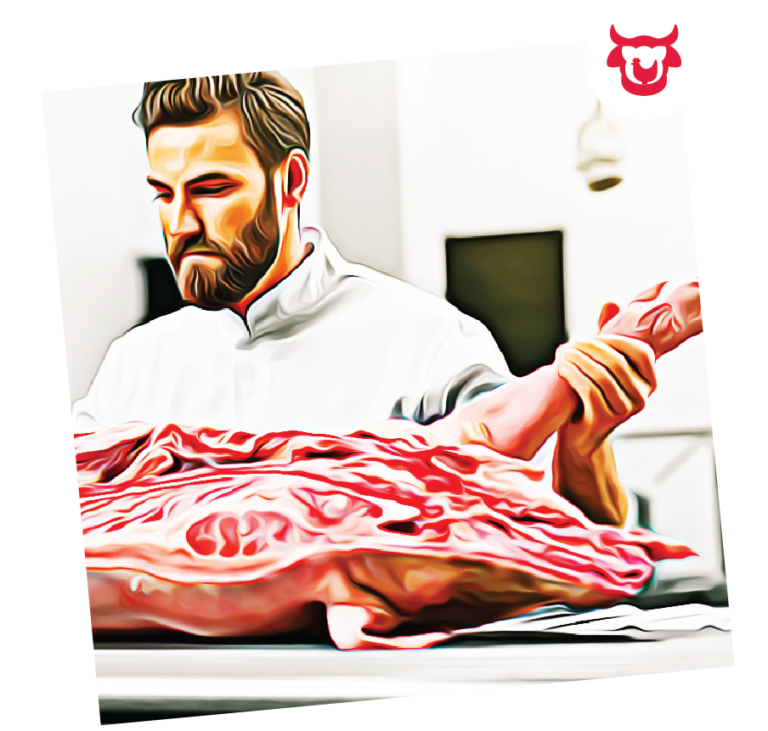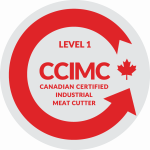
Lorem ipsum dolor sit amet, consectetur adipiscing elit. Ut elit tellus, luctus nec ullamcorper mattis, pulvinar dapibus leo.
$28k+ annually
$17 per hour
$37k+ annually
$21 per hour
$46k+ annually
$26 per hour
*Annual salary calculated by 37.5 hr work week, and by a 52 weeks per year
Receiving and processing customer orders: including filling out and filing order forms, basic measurements and estimation of meat cuts, as well as familiarity with the animal’s anatomy, using diagrams or charts to help customers choose what’s best for them.
Referring to diagrams and charts of cuts of meat and animal anatomy.
 INDUSTRIAL MEAT CUTTER (CCIMC) LEVEL 1
INDUSTRIAL MEAT CUTTER (CCIMC) LEVEL 1